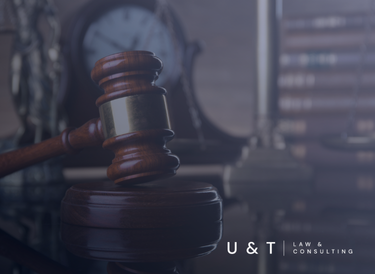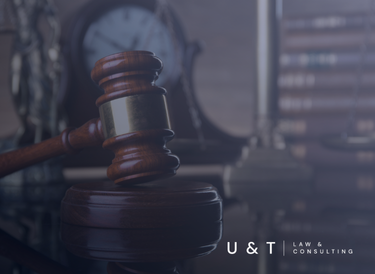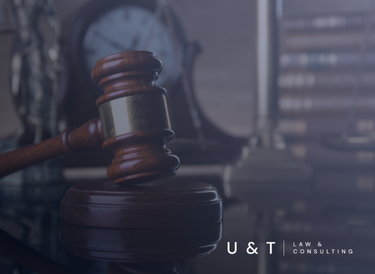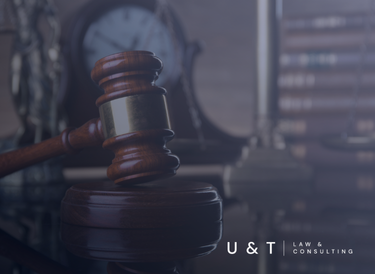
Penalty Clause In Case The Contractor Falls Into Default On The Deliverment Of The Work (ÇEVİRİ)
A penalty clause is dependent on the existence of the principal obligation, in other words, it is an accessory obligation connected to the principal obligation. This is because the penalty clause secures the principal obligation. The penalty clause can be stipulated either in the main contract or in a separate contract concluded subsequently. The penalty clause can be the payment of a sum of money or it can also involve obligations in property other than money. In accordance with Article 182/I of the TCC and the principle of freedom of contract, the parties to the contract may freely agree on the penalty clause and its amount. However, pursuant to Article 182/III of the TCC, if the judge deems the amount of the penalty clause agreed upon by the parties to be excessive, the judge shall reduce it ex officio. Conversely, Article 182/III of the TCC In accordance with Article 22, if the contractor is a merchant, a penalty clause cannot be reduced on the grounds that it is excessive. However, this rule applies if the penalty clause is detrimental to the merchant contractor and violates morality and etiquette. ..









